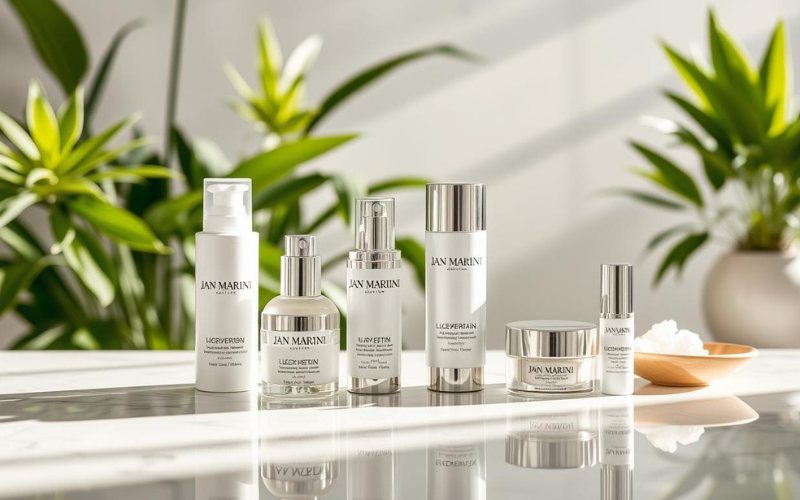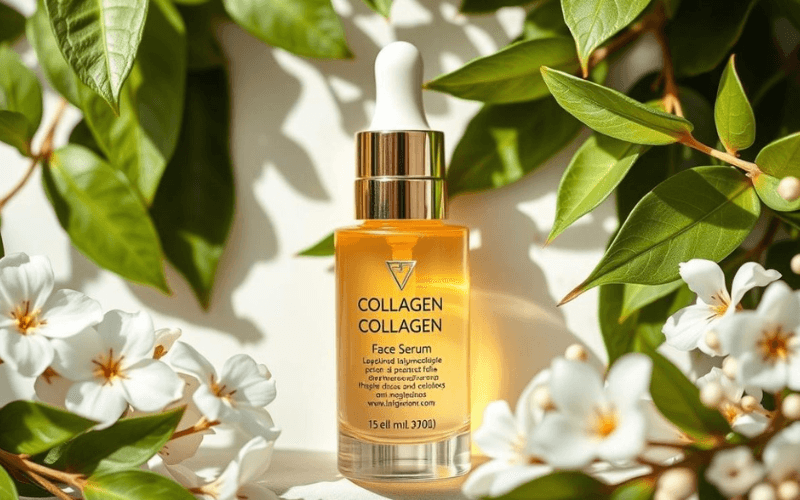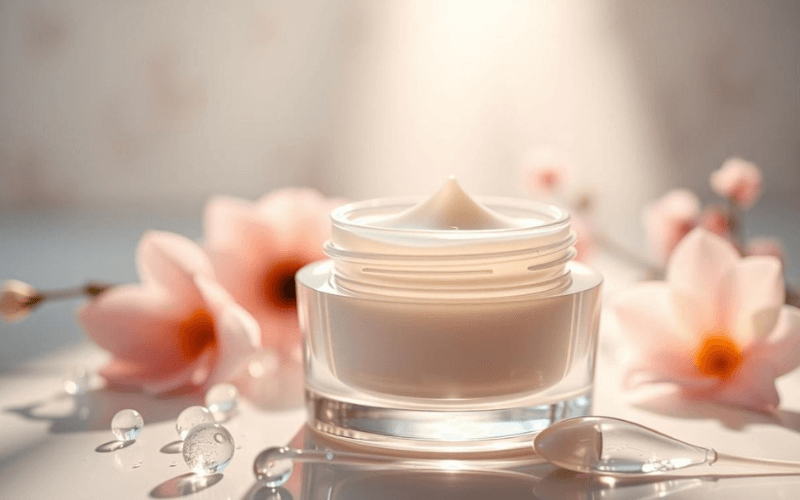When it comes to skincare, finding the perfect moisturizer is key to maintaining healthy, hydrated, and glowing skin. Among the myriad of choices, one product that consistently stands out is coconut face cream.
Known for its natural hydrating properties and rich nutrient content, coconut nourishing face cream is a popular choice for people seeking smooth, supple skin.
As someone who has researched and personally tried a variety of coconut-based skincare products, I can confidently say that coconut face cream can be a game-changer for many.
In this comprehensive guide, we’ll dive deep into the benefits of coconut face cream, explore how it works, and help you decide if it’s the right addition to your skincare routine.
- Why Coconut Face Cream?
- How Coconut Face Cream Works on Different Skin Types
- Key Ingredients to Look for in Coconut Face Cream
- Top 5 Coconut Face Creams for Smooth, Supple Skin
- How to Use Coconut Face Cream for Best Results
- Coconut Face Cream vs. Coconut Oil: Which is Better for Your Skin?
- DIY Coconut Face Cream: Make Your Own at Home!
- How Coconut Face Cream Helps with Common Skin Concerns
- FAQs About Coconut Face Cream
- Conclusion: Embrace the Power of Coconut Face Cream for Smooth, Supple Skin
Why Coconut Face Cream?
Coconut oil has been used for centuries in beauty routines across the globe, particularly in tropical regions where coconut trees are abundant. This natural ingredient is praised for its versatility and effectiveness in skincare due to its high concentration of essential fatty acids, vitamins, and antioxidants.
So, what makes coconut face cream different from your average moisturizer? Here are a few reasons why coconut nourishing face cream should be on your radar:
1. Deep Hydration Without Clogging Pores
Coconut face cream provides a high level of hydration, thanks to the medium-chain fatty acids found in coconut oil. These fatty acids penetrate deeply into the skin, making it an excellent moisturizer for dry or dehydrated skin types. Despite its richness, coconut oil is lightweight and doesn’t clog pores, making it suitable even for those with oily or combination skin.
2. Rich in Antioxidants
Coconut oil is packed with antioxidants, particularly vitamin E, which helps protect your skin from environmental damage caused by free radicals. These antioxidants are essential for maintaining the skin’s elasticity and preventing premature aging.
3. Naturally Antibacterial and Anti-Inflammatory
One of the standout features of coconut oil is its natural antibacterial and anti-inflammatory properties, which help reduce inflammation, redness, and irritation. Coconut face cream is great for people with sensitive skin or those prone to breakouts because it helps soothe and calm the skin.
4. Nourishes and Repairs Damaged Skin
The high lauric acid content in coconut oil helps repair damaged skin, promoting faster healing of scars, blemishes, and minor injuries. Regular use of coconut face cream can help reduce the appearance of acne scars, fine lines, and wrinkles, giving your skin a more even tone and texture.
5. Locks in Moisture
Coconut face cream acts as an occlusive barrier on the skin, meaning it locks in moisture and prevents water loss throughout the day or night. This is particularly beneficial in dry or cold climates where your skin is more prone to losing moisture.
How Coconut Face Cream Works on Different Skin Types
Coconut face cream is versatile and suitable for many skin types, but how it works can vary based on your specific skin needs. Let’s break down how coconut face cream can benefit different skin types:
1. Dry Skin
If you have dry skin, coconut nourishing face cream can be a lifesaver. Its deep moisturizing properties help restore the skin’s natural moisture barrier, leaving it soft and smooth. Coconut oil is rich in fatty acids that nourish and repair dry, flaky skin, making it an ideal solution for anyone struggling with tightness or irritation.
- Tip: Apply coconut face cream as the final step in your skincare routine to lock in hydration. Use it at night for deep overnight nourishment, especially during the colder months.
2. Oily and Acne-Prone Skin
While it may seem counterintuitive to apply oil-based products on oily skin, coconut face cream can actually help balance oil production. Coconut oil contains lauric acid, which has antimicrobial properties, making it effective at combating acne-causing bacteria. Moreover, coconut nourishing face cream provides hydration without clogging pores, which is crucial for preventing breakouts.
- Tip: Opt for a lightweight coconut face cream formula that absorbs quickly, and avoid applying too much product. Start with a small amount and see how your skin reacts.
3. Combination Skin
Coconut face cream can provide balance for combination skin types by moisturizing the dry areas while keeping oily zones in check. Its non-comedogenic nature ensures that it won’t aggravate oily patches or cause breakouts, making it a great option for combination skin.
- Tip: Focus on applying coconut face cream to the drier areas of your face, such as the cheeks and forehead, while using less on the oilier T-zone.
4. Sensitive Skin
Sensitive skin types often react to synthetic ingredients or harsh chemicals found in many skincare products. Coconut face cream is a natural, gentle alternative that can help soothe irritation and redness. Its anti-inflammatory properties make it perfect for calming sensitive or reactive skin.
- Tip: Choose a coconut face cream that’s free from artificial fragrances and other potential irritants to ensure the gentlest treatment for your sensitive skin.
5. Mature Skin
For mature skin, coconut face cream offers anti-aging benefits. The antioxidants in coconut oil help fight free radical damage, which contributes to the formation of fine lines and wrinkles. The deeply moisturizing nature of coconut face cream helps plump up the skin, reducing the appearance of age-related signs like sagging and dullness.
- Tip: Use coconut nourishing face cream both day and night to help firm the skin and maintain a youthful glow.
Key Ingredients to Look for in Coconut Face Cream
While coconut oil is the star ingredient, many coconut nourishing face creams come enriched with other beneficial ingredients that enhance their performance. Here are a few complementary ingredients to look for when choosing a coconut face cream:
1. Hyaluronic Acid
Hyaluronic acid is a moisture-binding ingredient that draws water into the skin, providing a powerful hydrating boost. When paired with coconut oil, it enhances the cream’s ability to lock in moisture and keep your skin hydrated for longer periods.
2. Aloe Vera
Aloe vera is known for its soothing and cooling properties. In combination with coconut oil, it helps calm irritated skin while providing an extra layer of hydration. This is especially beneficial for sensitive or sunburned skin.
3. Vitamin C
Vitamin C is a potent antioxidant that brightens the skin and promotes collagen production. Adding this to a coconut face cream can help fade dark spots, improve skin tone, and enhance the cream’s anti-aging benefits.
4. Shea Butter
Shea butter is another deeply moisturizing ingredient that works well with coconut oil to provide intense hydration. It’s rich in fatty acids and vitamins, helping to nourish and protect the skin.
5. Jojoba Oil
Jojoba oil closely mimics the skin’s natural oils, making it an excellent addition to coconut nourishing face cream. It helps balance oil production and enhances the cream’s ability to moisturize without feeling greasy.
Top 5 Coconut Face Creams for Smooth, Supple Skin
If you’re ready to add a coconut nourishing face cream to your skincare routine, here are five top-rated products to consider:
1. Viva Naturals Organic Coconut Oil Face Cream
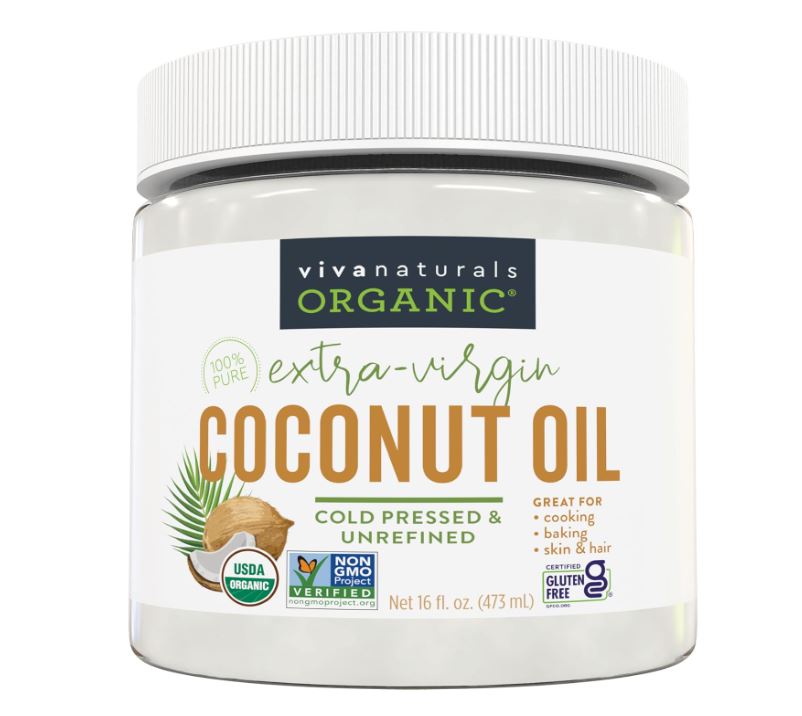
- Why It’s Great: This cream is made from cold-pressed, organic coconut oil and enriched with aloe vera for added hydration. It’s lightweight, non-greasy, and suitable for all skin types.
- Best For: Dry and sensitive skin.
2. Kopari Coconut Face Cream
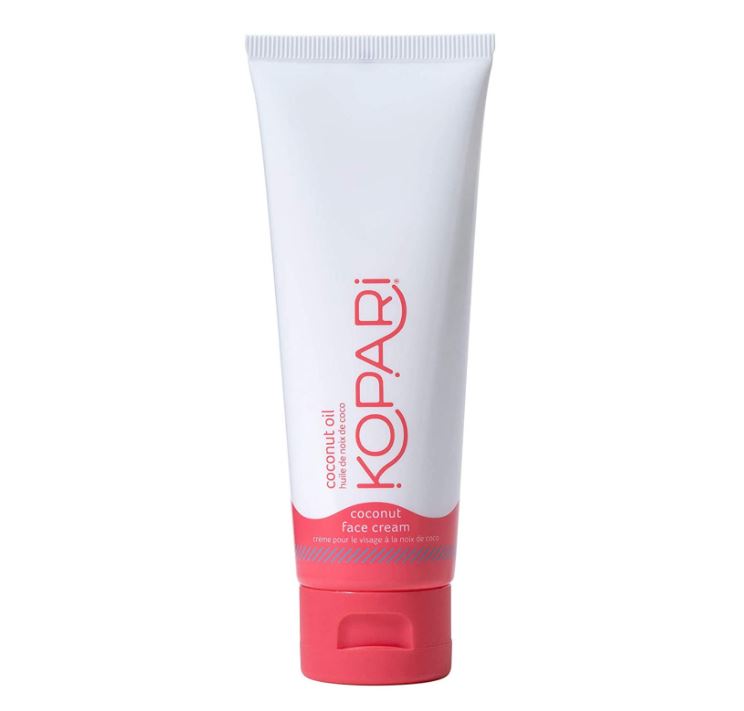
- Why It’s Great: Kopari’s coconut face cream combines coconut oil with hyaluronic acid to deliver intense hydration while keeping the skin soft and plump.
- Best For: Normal to dry skin.
3. Yes To Coconut Ultra Hydrating Facial Soufflé Moisturizer
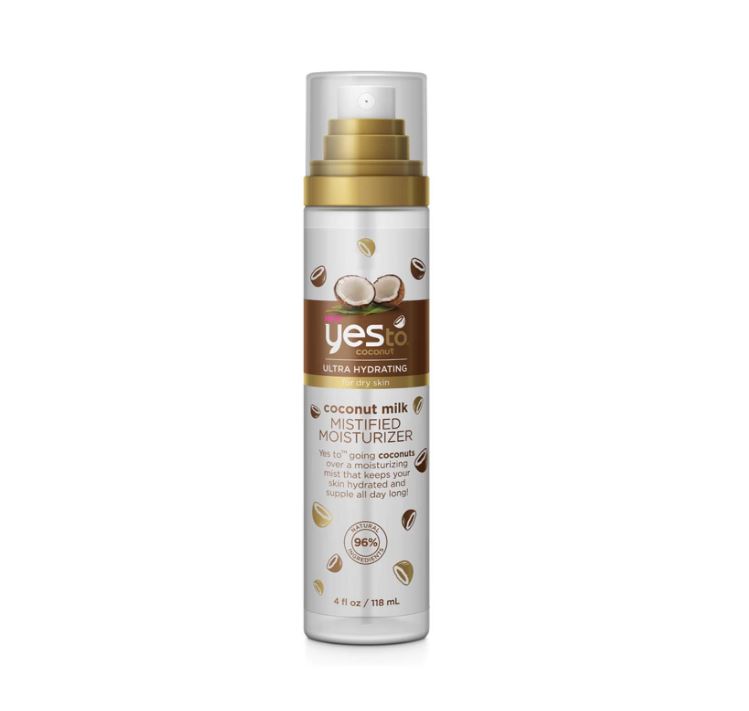
- Why It’s Great: This ultra-hydrating face cream uses coconut oil and shea butter to provide deep moisture, making it perfect for dry or parched skin.
- Best For: Very dry or winter-damaged skin.
4. Palmer’s Coconut Oil Formula Coconut Water Facial Moisturizer
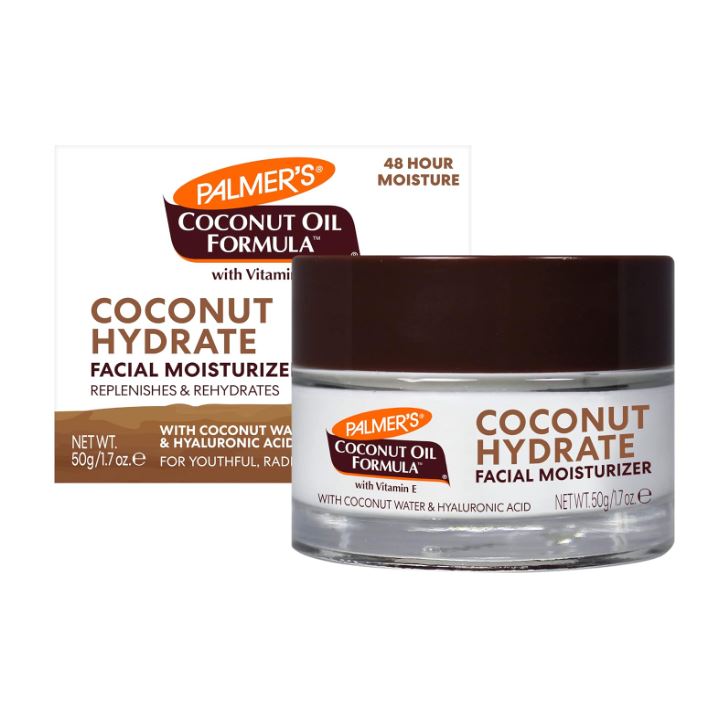
- Why It’s Great: A blend of coconut water, coconut oil, and hyaluronic acid
, this moisturizer deeply hydrates and nourishes while remaining lightweight.
- Best For: Oily and combination skin.
5. Nature Republic Super Aqua Max Watery Cream
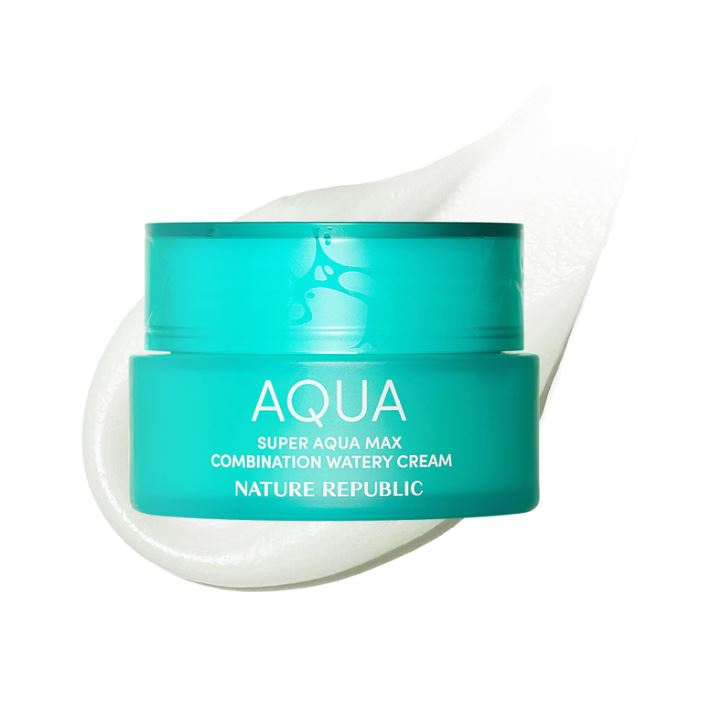
- Why It’s Great: This lightweight cream uses coconut water to hydrate and cool the skin, providing long-lasting moisture without a heavy feeling.
- Best For: Oily and combination skin.
How to Use Coconut Face Cream for Best Results
Using coconut nourishing face cream properly is key to getting the most out of its benefits. Here are some tips for incorporating coconut face cream into your daily skincare routine:
1. Start with a Clean Face
Before applying coconut nourishing face cream, make sure your face is thoroughly cleansed. Removing makeup, dirt, and impurities allows the cream to penetrate deeper into the skin, maximizing its hydrating and nourishing effects.
2. Use It as a Day and Night Cream
Coconut Nourishing Face Cream is versatile enough to be used both in the morning and at night. During the day, it acts as a lightweight moisturizer that protects your skin from environmental stressors, while at night, it works as a restorative treatment, helping your skin repair itself while you sleep.
3. Apply After Serum
If you use a serum in your skincare routine, apply it before your coconut nourishing face cream. Serums are typically more lightweight and should go on first to deliver active ingredients directly into the skin. Follow up with your coconut face cream to lock in the serum’s benefits and provide extra hydration.
4. Don’t Forget Your Neck and Décolletage
When applying coconut face cream, don’t stop at your face! Your neck and décolletage are often exposed to the same environmental factors as your face and can benefit from the hydrating and anti-aging properties of coconut nourishing face cream.
5. Use a Small Amount
A little goes a long way with coconut face cream. Start with a small amount (about a pea-sized amount) and warm it between your fingertips before gently massaging it into your skin. This helps ensure even distribution and allows the cream to absorb more effectively.
Coconut Face Cream vs. Coconut Oil: Which is Better for Your Skin?
While coconut face cream and pure coconut oil both offer wonderful benefits for the skin, they serve slightly different purposes in your skincare routine. Here’s a breakdown to help you decide which option works best for you:
1. Coconut Face Cream
- Formulation: Coconut Nourishing Face Cream is usually a blend of coconut oil with other hydrating ingredients like hyaluronic acid, aloe vera, or shea butter. This makes it more balanced, providing multiple layers of hydration without being too heavy.
- Absorption: Face creams tend to absorb faster and leave a lighter finish on the skin, making them more suitable for daytime use under makeup or sunscreen.
- Versatility: Face creams are typically designed to cater to specific skin concerns, such as anti-aging, sensitivity, or acne, offering more tailored solutions.
2. Pure Coconut Oil
- Formulation: 100% coconut oil is all-natural, but it’s heavier and can leave a more oily residue. While it offers excellent moisture retention, it may be too rich for some skin types, particularly those with oily or acne-prone skin.
- Absorption: Coconut oil absorbs more slowly, making it an ideal nighttime treatment. However, it might not be suitable under makeup as it can leave a shiny finish.
- Best For: Coconut oil works wonders as a body moisturizer, hair treatment, or lip balm but may need to be used with caution on the face, especially for those with sensitive or breakout-prone skin.
Verdict: For everyday facial care, a coconut nourishing face cream might be the better option due to its lightweight, fast-absorbing formula and combination of complementary ingredients.
DIY Coconut Face Cream: Make Your Own at Home!
For those who love a DIY skincare approach, making your own coconut face cream can be both fun and rewarding. With just a few simple ingredients, you can create a hydrating and nourishing face cream tailored to your skin type. Here’s an easy recipe to get started:
DIY Coconut Face Cream Recipe
Ingredients:
- 1/4 cup organic coconut oil (cold-pressed)
- 2 tablespoons shea butter
- 1 tablespoon jojoba oil (or another carrier oil like sweet almond oil)
- 5-6 drops of your favorite essential oil (like lavender or tea tree for added benefits)
Instructions:
- Melt the coconut oil and shea butter together in a double boiler over low heat until fully liquified.
- Remove from heat and stir in the jojoba oil and essential oil of your choice.
- Allow the mixture to cool slightly, then transfer it to a clean glass jar with a lid.
- Let the cream solidify at room temperature, or refrigerate for faster results.
This DIY coconut face cream is great for hydrating your skin, and the addition of essential oils offers calming or clarifying benefits depending on your skin’s needs. You can use it daily as part of your skincare routine, and it’s gentle enough to apply morning and night.
How Coconut Face Cream Helps with Common Skin Concerns
Coconut face cream is not just a simple moisturizer—it can address a variety of skin concerns. Here’s how it can help with some of the most common issues:
1. Dryness and Flakiness
The rich, fatty acids in coconut oil deeply hydrate the skin, replenishing moisture and smoothing rough patches. Whether caused by harsh weather or an underlying condition, dryness can be quickly relieved with regular application of coconut face cream.
2. Fine Lines and Wrinkles
Packed with antioxidants like vitamin E, coconut face cream helps to fight the effects of free radicals that contribute to skin aging. Over time, using coconut nourishing face cream can help reduce the appearance of fine lines and wrinkles by boosting skin’s elasticity and promoting collagen production.
3. Redness and Irritation
The anti-inflammatory properties of coconut oil make it an excellent choice for calming irritated skin. Whether it’s redness from acne, rosacea, or sensitive reactions, coconut nourishing face cream helps to soothe and cool the skin, reducing inflammation and promoting faster healing.
4. Acne and Blemishes
Surprisingly, coconut oil can be beneficial for acne-prone skin. Its antimicrobial properties help fight acne-causing bacteria, while its non-comedogenic nature ensures it won’t clog pores when used in moderation. Coconut face cream can help balance oil production and heal blemishes over time.
5. Sunburn Relief
If you’ve overexposed your skin to the sun, coconut nourishing face cream can help soothe the burn. The hydrating and cooling properties of coconut oil can reduce peeling, redness, and discomfort while promoting faster recovery.
FAQs About Coconut Face Cream
1. Can coconut face cream cause breakouts?
For most people, coconut face cream does not cause breakouts because coconut oil is non-comedogenic, meaning it won’t clog pores. However, if you have particularly acne-prone skin, it’s important to test the product first or choose a formula designed specifically for oily or acne-prone skin.
2. Can I use coconut face cream as an eye cream?
Yes, coconut face cream can be used as an eye cream because of its gentle and hydrating properties. Just be sure to apply a small amount and avoid getting it directly into your eyes.
3. How often should I use coconut face cream?
You can use coconut nourishing face cream daily, both morning and night. It provides hydration and protection throughout the day and promotes repair and nourishment overnight.
4. Is coconut face cream safe for sensitive skin?
Yes, coconut nourishing face cream is generally safe for sensitive skin, especially when formulated without added fragrances or synthetic ingredients. Its anti-inflammatory properties can help soothe irritation and redness.
5. Can coconut face cream help with anti-aging?
Absolutely! Coconut face cream is rich in antioxidants and vitamins, which help fight free radicals, promote collagen production, and reduce the appearance of fine lines and wrinkles.
Conclusion: Embrace the Power of Coconut Face Cream for Smooth, Supple Skin
Coconut face cream is a versatile, natural moisturizer that offers deep hydration, nourishment, and protection for all skin types. Whether you’re dealing with dryness, sensitive skin, or just looking to maintain a youthful glow, coconut nourishing face cream is a skincare essential worth incorporating into your routine.
By choosing a high-quality product that combines coconut oil with other beneficial ingredients, you can enjoy the countless benefits this natural wonder offers. With regular use, coconut face cream can transform your skin, leaving it smooth, supple, and radiant.
Ready to experience the benefits for yourself? Find the perfect coconut face cream and unlock the key to healthy, glowing skin!


